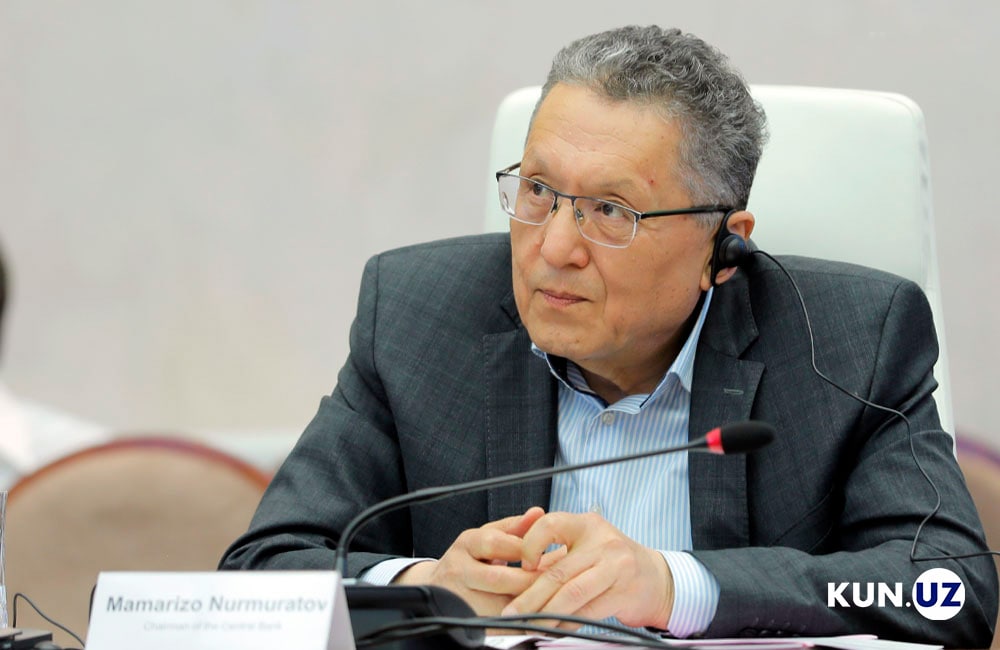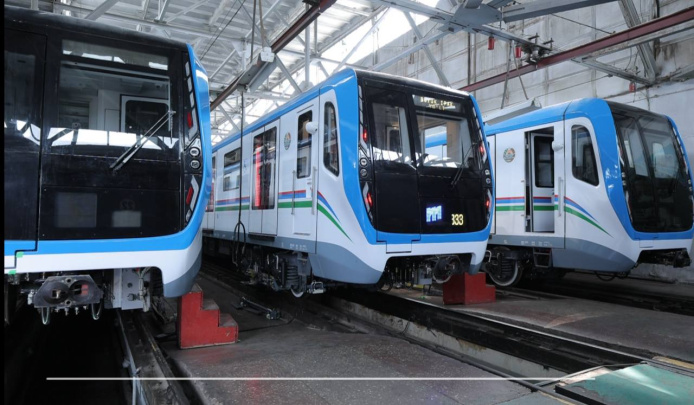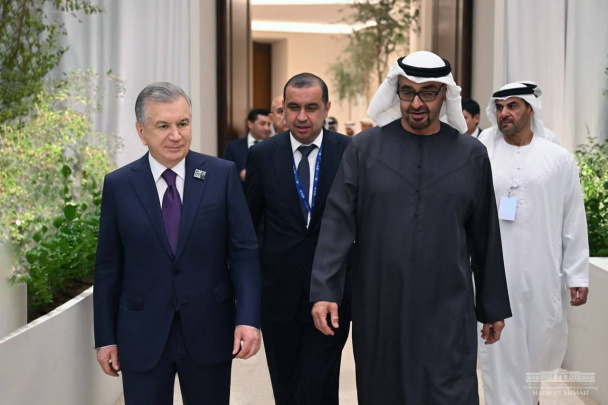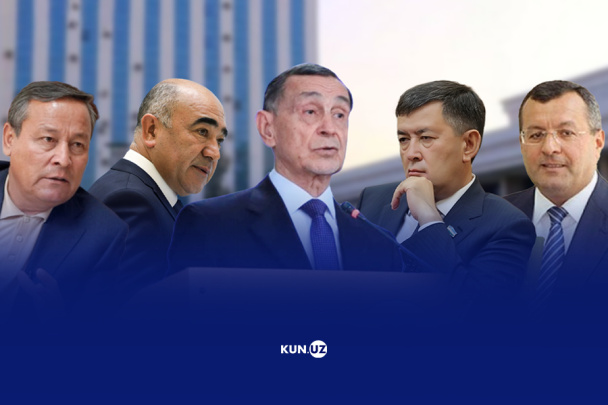On October 27, a press conference was held with the participation of the CB Chairman regarding the decision of the Central Bank to leave the refinancing rate unchanged at 15% per annum. In it, Mamarizo Nurmurodov provided information about the causes of the dollar shortage in banks.
“Why are there difficulties in providing the population with foreign currency in banks today? I will try to explain in more detail. Our commercial banks mainly brought cash from Russian banks. If we dwell on the numbers, in 2021, our commercial banks brought in 2 billion dollars, and the Central Bank brought in 100 million dollars. At the beginning of 2022, as a result of the change in the geopolitical situation, the issuance of dollars and euros to Russian banks was stopped. As a result, there was a need to import currency from European or American banks. In this situation, we began to engage in a non-central bank function, namely, the Federal Reserve System of the United States, bringing in cash and delivering it to commercial banks. If we look at the numbers, this year, 12.2 billion dollars of money transfers were made, and we sold 6.5 billion dollars of cash currency to the population. Imagine how much cash currency is needed. Note the emerging need in 2022 with the 2021 numbers. Under such conditions, we brought 7 billion dollars in cash and delivered it to commercial banks. To put it simply, before we brought currency from Russian banks without any conditions. But there are specific conditions for receiving currency from the Federal Reserve System. Money transfers are made through non-traditional banking services, usually in amounts up to $1,000. Our migrant workers also make money transfers in the same amount,” Nurmurodov said.
According to the CB Chairman, the amount of money transfers this year has increased by 2.2 times compared to last year. In order to bring foreign currency from Western banks, it is necessary to convince the other party that these money transfers are really made by migrant workers.
“Analyzing the structure of money transfers, until 2021 transfers of up to $1,000 made up 62-64% of total money transfers, while today the share of transfers over $10,000 has reached 60%. Now let’s ask ourselves, is it possible to have a transaction without goods that is more than 10 thousand dollars? It can be. Only a few. But some individuals receive 10,000-dollar currency 20-30 times a month. These are non-commercial transactions,” the head of the regulator said.
Mamarizo Nurmurodov confirmed that Russian citizens convert their income in rubles to dollars through Uzbekistan.
“The exchange of Russians’ incomes received in rubles in Russia for dollars through Uzbekistan. We can’t deny it. Many people think that they will come to Uzbekistan, open a card, change their money in rubles to dollars and take it out. But this is not the case, we always monitor such cases. Since the beginning of the year, accounts have been opened for 67,000 Russian citizens, almost half of whom work permanently in Uzbekistan. Such operations are mainly carried out by citizens of Uzbekistan. We cannot deny that”.
The head of the regulator also explained why the exporter’s remittances are subject to additional requirements.
“Today our small exporters, who used to transfer the money they needed for their products exported to Russia through banks, export them in cash rubles and send them to us. And from here he receives in the form of currency.
The export income of the economic entity is converted into cash here. This is considered as one of the risks that serve to legalize the income from criminal activities. Therefore, we made a demand. If the money received by the exporter as a result of the money transfer is due to the exporter, that is, if the goods were exported under the export contract, we suggest transferring the money to the foreign currency account.
Secondly, banks are forced to demand the origin of these funds for money transfers in the amount of more than 5,000. For example, if I receive a transfer of $10,000, I need to tell the bank the source of the money. There are such cases,” he said.
The Central Bank Chairman emphasized that no one has canceled the rules of the compliance control system and Uzbek banks should not create doubts in this regard.
“Money transfers of up to 1,000 dollars are a priority for us, and we are making these transfers in cash if they want, or in soums if they want. Some banks ask for proof of origin for transfers of more than $1,000, and some for more than $5,000. If they want, we transfer their money to a currency card.
The same requirements apply to the sale of foreign currency. This is not something our banks invented. No one has repealed the rules of the American compliance control system. Uzbek banks should not create doubts in this regard. If you want to buy 5 thousand dollars of currency, no one will object. But you have to show the source of income.
I must say once again that we brought 3.5 times more foreign currency than last year. Currently, our commercial banks have signed contracts directly with the Federal Reserve System to import currency. Conditions have improved a lot. Today, currency equivalent to 974 million dollars is in the cash registers of our banks. But once again, the compliance control system has not been abolished. They came 2 times and studied how our banks are fulfilling the requirements. The appearance of doubts will cause problems and restrictions on the purchase of foreign currency later. That is why a cautious policy is being pursued,” Nurmurodov said.
Earlier, “Vedomosti” publication wrote that Russia has become a place of money exchange for Uzbek money changers. According to him, the used conversion scheme is as follows: the overvalued ruble is crushed into soums in Uzbekistan, cash dollars are bought for soums, dollars are brought to Russia and exchanged again for rubles.
It should be recalled that in June, July and September, there was a currency shortage in banks. Experts explained that the reason for this is that the ruble rate continues to strengthen rapidly against the national currencies of the Central Asian countries.






